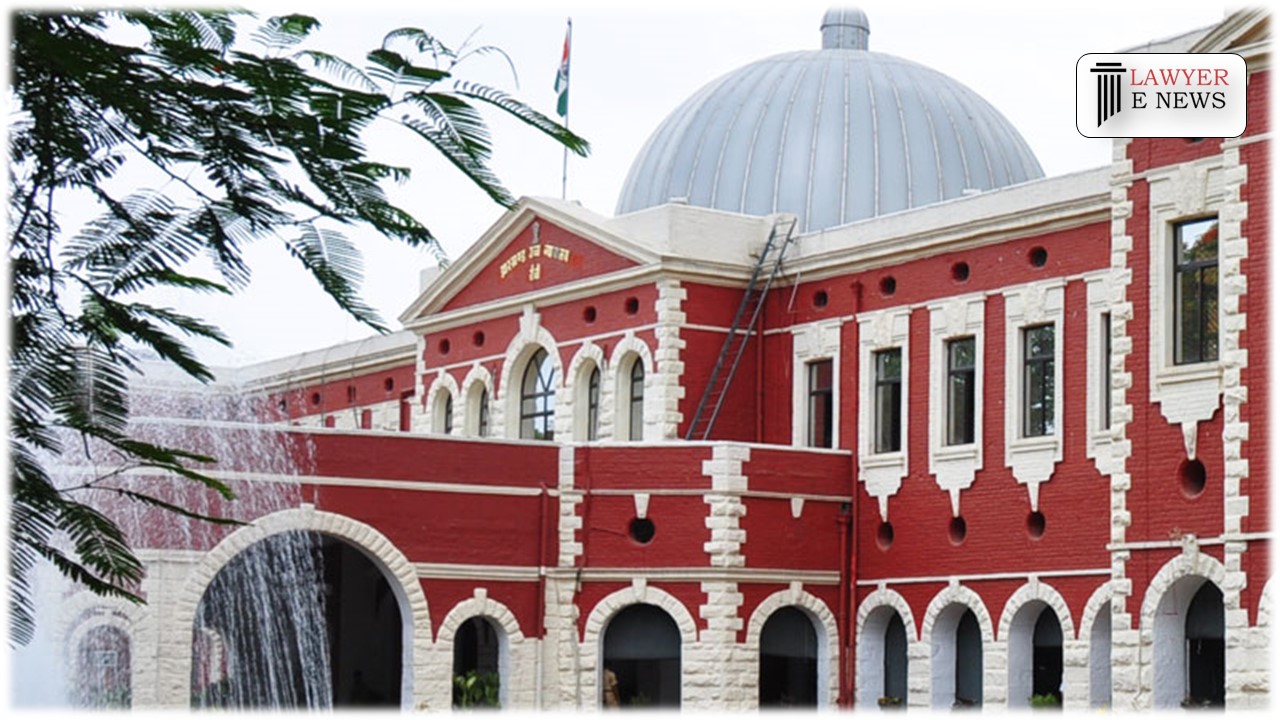-
by Admin
15 February 2026 5:35 AM



In a significant judgment delivered by the Hon'ble Mr. Justice Subhash Chand of the Jharkhand High Court, it was held that marshalling and appreciation of evidence at the stage of discharge is impermissible, leading to the acquittal of Dr. Punam Sinha, who was accused of medical negligence under Sections 308 and 338 of the Indian Penal Code (IPC).
The case revolved around charges of criminal negligence against Dr. Punam Sinha, following allegations that surgical materials were left inside the complainant, Savita Devi, post-operation, causing severe health complications. The complaint also included charges of criminal intimidation.
Evidence Review: The court noted the absence of any expert medical evidence linking Dr. Sinha directly to the alleged negligence. Justice Chand highlighted, "At the stage of discharge, the court is not to appreciate the evidence on record," referencing decisions from several apex court rulings to assert that the charges should be framed based on strong suspicion alone.
Legal Standards for Discharge: The court extensively discussed the legal standards applicable at the pre-trial stage, specifically noting that a detailed examination of evidence at this stage was not appropriate. "Charges can also be framed on the basis of strong suspicion," Justice Chand remarked, citing the Supreme Court’s position in the case of Palwinder Singh v. Balwinder Singh [(2008) 14 SCC 504].
Application of Law to Facts: Upon reviewing the facts and allegations, the court found that the evidence presented did not sufficiently establish that Dr. Sinha had the intent or knowledge required under Section 308 IPC to cause the grievous harm alleged. "The appreciation of evidence, at the stage of discharge is impermissible what is required is to be seen is whether there are sufficient grounds to proceed against accused," Justice Chand explained.
The court allowed the criminal revision petition filed by Dr. Sinha, setting aside the lower court’s order dated February 25, 2023, which had rejected the discharge application. Dr. Sinha was discharged from the charges under Sections 308 and 338 IPC.
Date of Decision: April 12, 2024
Dr. Punam Sinha @ Punam Sinha vs The State of Jharkhand & Anr
